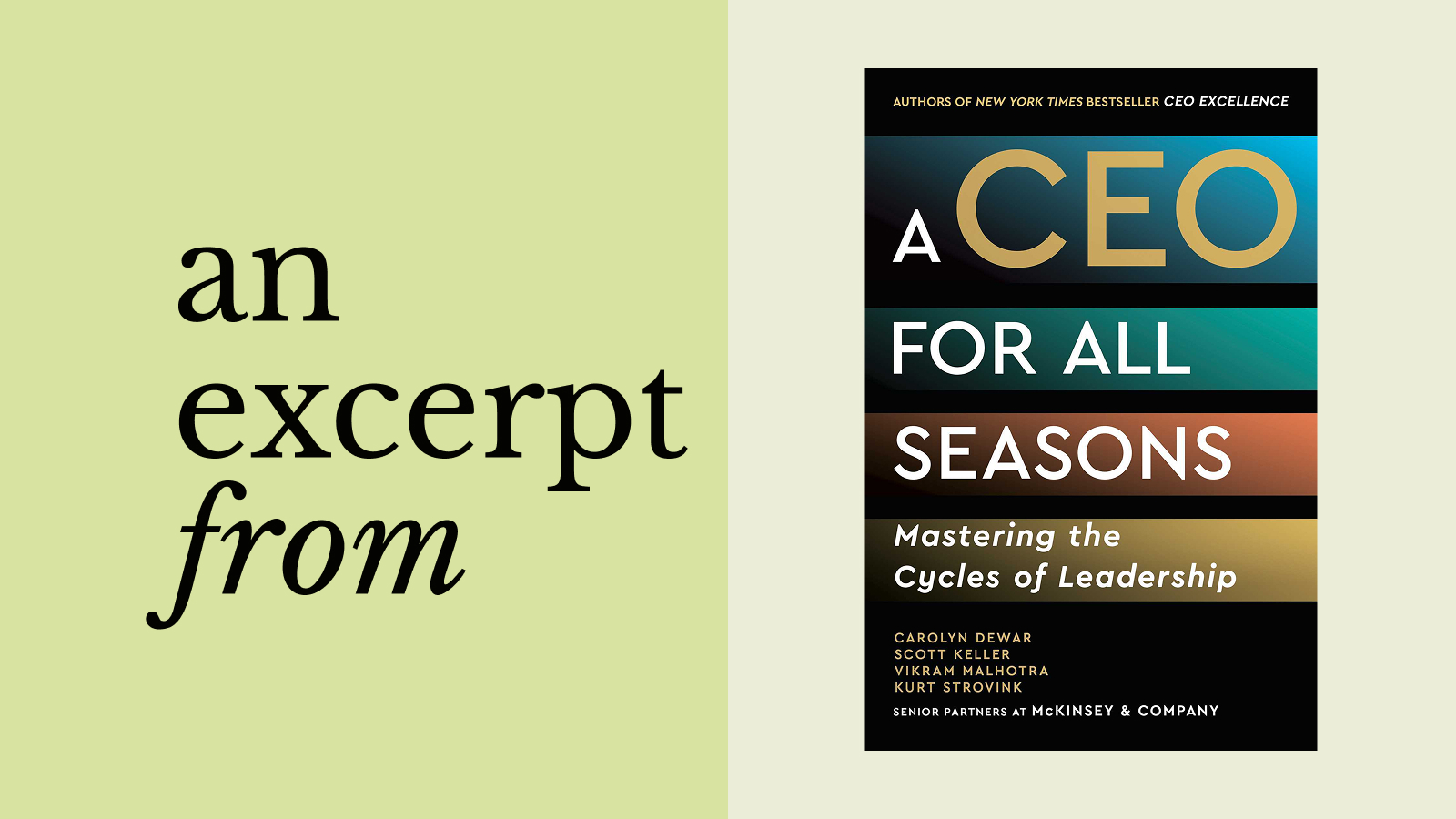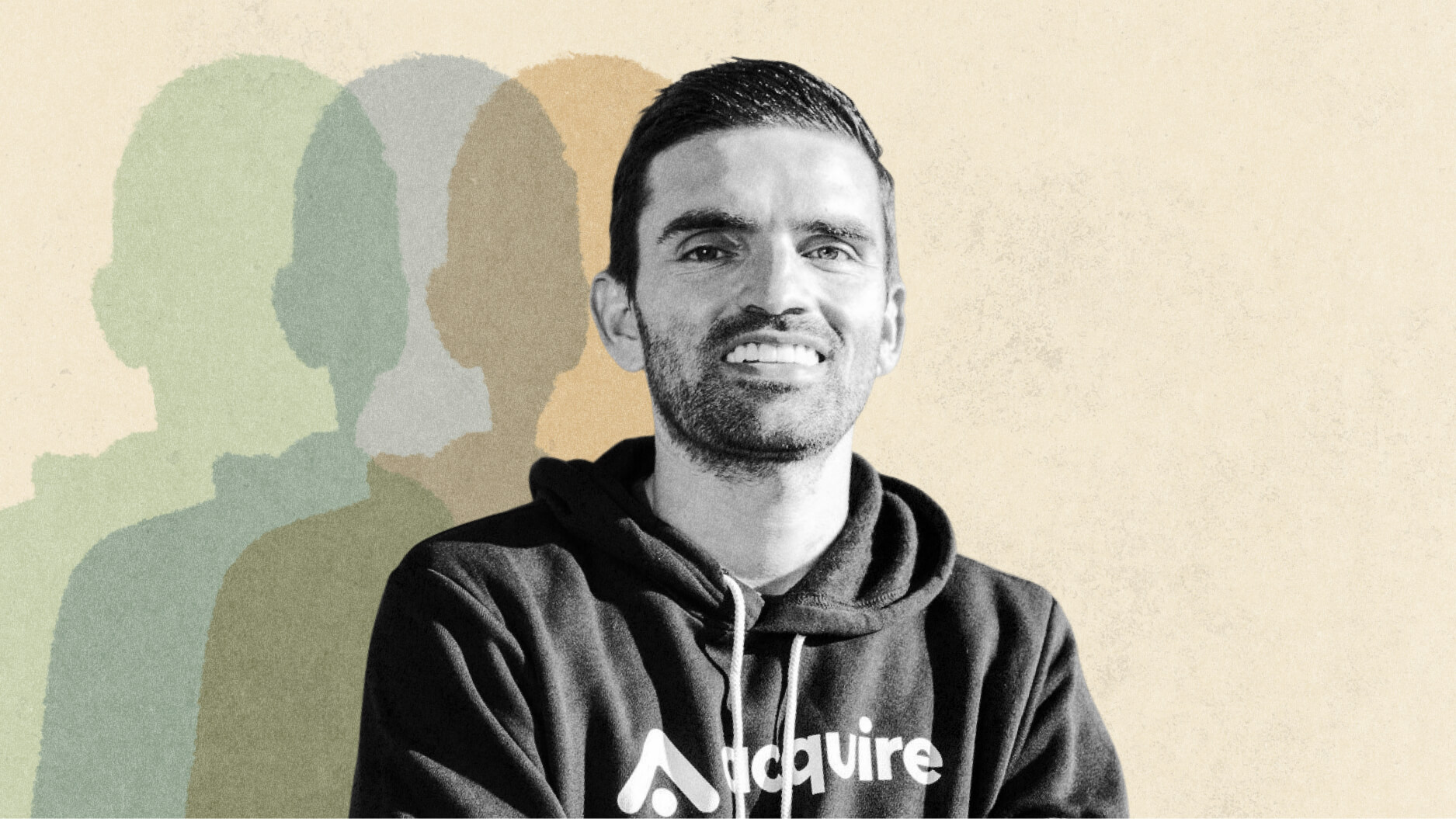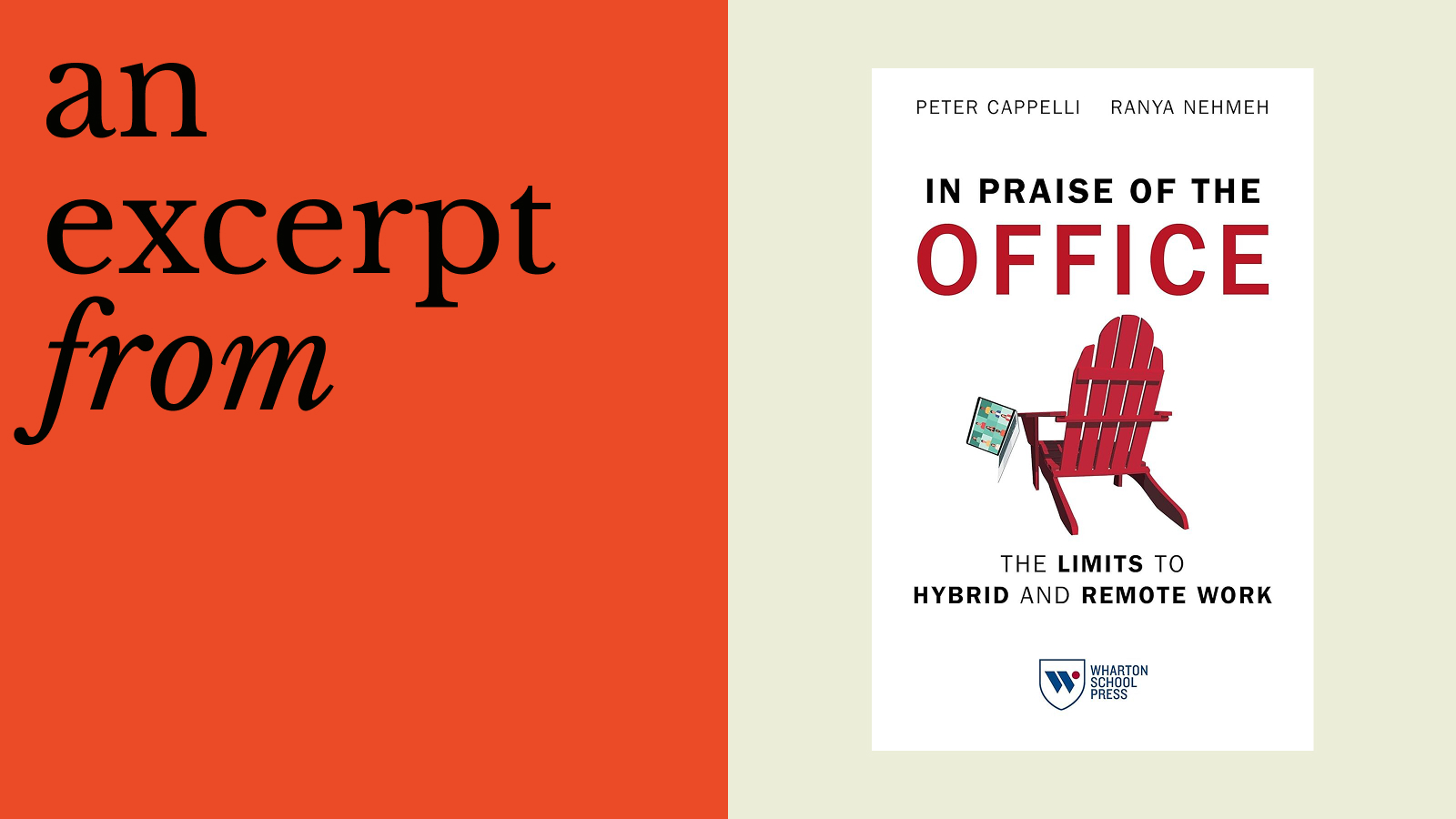Economist Tyler Cowen argues that traditional interview methods are not effective in identifying the best candidates for a job, especially in creative roles. Candidates who are well-prepared often pass these interviews, but this only tests their preparation and not their abilities.
To identify the best candidates, Cowen suggests that interviewers focus on being authentic and spontaneous in their interactions with candidates, instead of relying on pre-written questions.
The interviewer should be trustworthy, Cowen argues, as it helps them to better evaluate the candidate’s authenticity. Ultimately, allocating talent in better ways can contribute to economic growth, and a more thoughtful approach to interviews can help identify more talented individuals and elevate them to greater opportunities.
TYLER COWEN: There are so many interview questions that everyone is prepared for. Let me give you an example: 'What was a mistake you made in your previous job?' A lot of candidates just aren't prepared and they won't have a good answer. So in most cases, with better candidates, you're really just testing for prep. What does their prep look like? But if all you're doing is testing for prep, then all you're gonna get are a bunch of conscientious people who are well-prepared for a lot of jobs. That's just great. It's fine. But for more creative jobs, you will be losing out on the bolder, more daring candidates who have other qualities 'cause all you did was test for prep. For many jobs, great. For other jobs, that's terrible. Every potential interview question has pitfalls. There's no such thing as a list of the best interview questions. And if what you think interviewing is, well, here are the three perfect questions, I'm gonna ask them to everyone in the same way, that is exactly not correct.
How you get people into what I call the 'Authenticity Mode' is going to depend a great deal on who they are, and also who you are. If I'm interviewing a candidate, my favorite discussions are simply those that are unscripted. I prefer to have those conversations arise without me having to ask a question. I want them to be natural. I don't want it to feel threatening or high pressure. I just want us to start talking about something. I like the idea of changing interview venues when there's time: Get up, get a cup of coffee, go to another room, hope some kind of decision arises spontaneously, and you see how the candidate meets and makes that decision. You want to watch how candidates talk to other people, not just the person interviewing them. So, I like spontaneity- exactly how to achieve that will depend on the context, the job, how much time you have, and many other things. But you would like some sense of how they perceive the social hierarchies around them, how they feel they fit into those hierarchies, how ambitious they are, how they think about their roles in teams, and any way that you can get the person talking about a topic where those issues come up. But I think it's important not to obsess on your favorite pet question, and getting your favorite pet answer. You just want to see how the candidates process ideas. How do they think, how do they value? How do they treat other people? How do they talk about their relationships with other people? Those are the places in an interview where I like to be.
There's one estimate that suggests somewhere between 20% and 40% of American economic growth since the 1960s has come about from allocating talent better. If we had fresher and more creative interview processes, I do think people would be more thoughtful. They would think more deeply about the jobs they're about to take. I think we would spot talent we're not currently seeing. We would elevate more people into greater opportunity. Should we really be so arrogant and so conceited as to think we've now mastered this art and no further progress is possible? Of course not. That's why I think the key is not: 'Here's the three questions that tell you everything,' but a general commitment to being trustworthy, authentic, trying to draw out the authenticity of the other person, and getting into the conversational mode. And a way to make progress on that is to seem trustworthy by actually being trustworthy. 'Cause one thing human beings are great at is sniffing out hypocrisy in the people they're speaking to. So, for you as an interviewer, to actually be trustworthy is one of the highest value things you can be and do. And if there's a single piece of advice I would give that is pretty much robust across all situations, it would be that one.







